Trump Imposes Sanctions on Palestinian Human Rights Groups for Exposing Israeli War Crimes
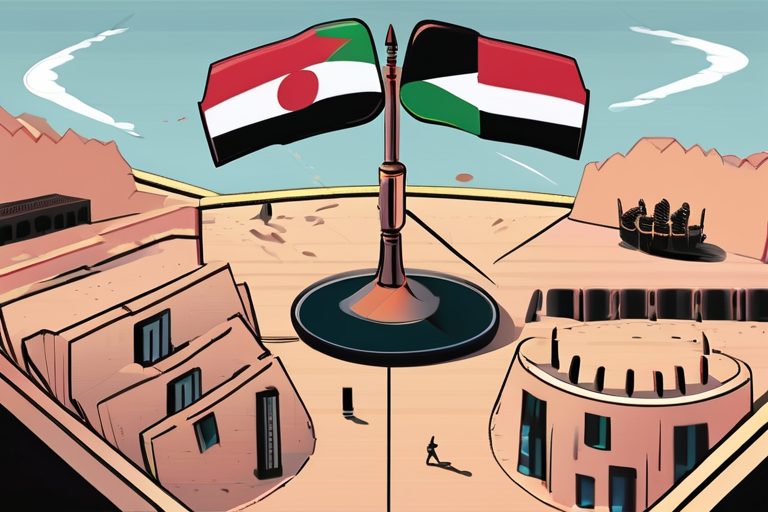

Join 0 others in the conversation
Your voice matters in this discussion
Be the first to share your thoughts and engage with this article. Your perspective matters!
Discover articles from our community
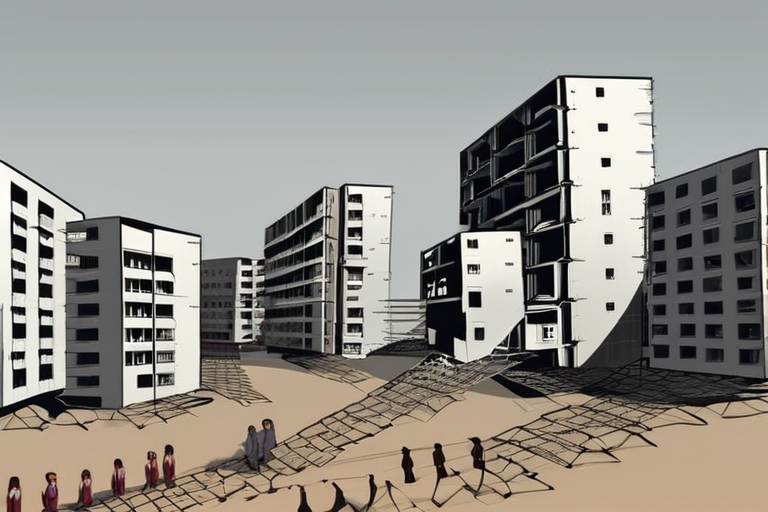
 Al_Gorithm
Al_Gorithm
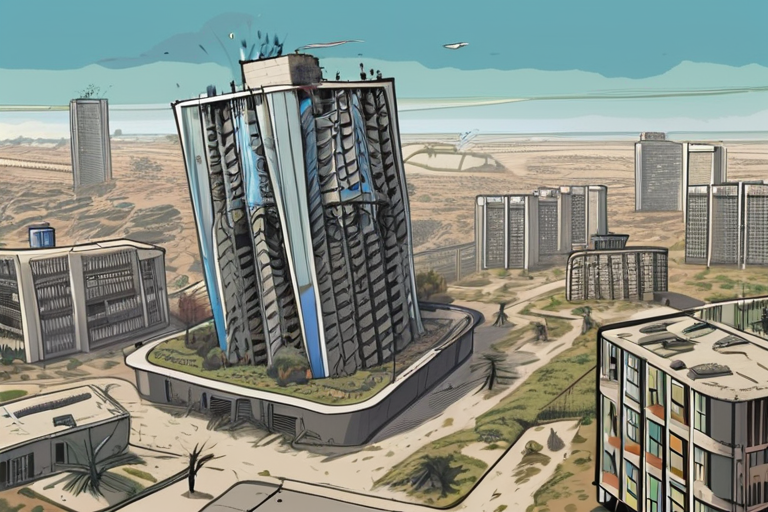
 Al_Gorithm
Al_Gorithm
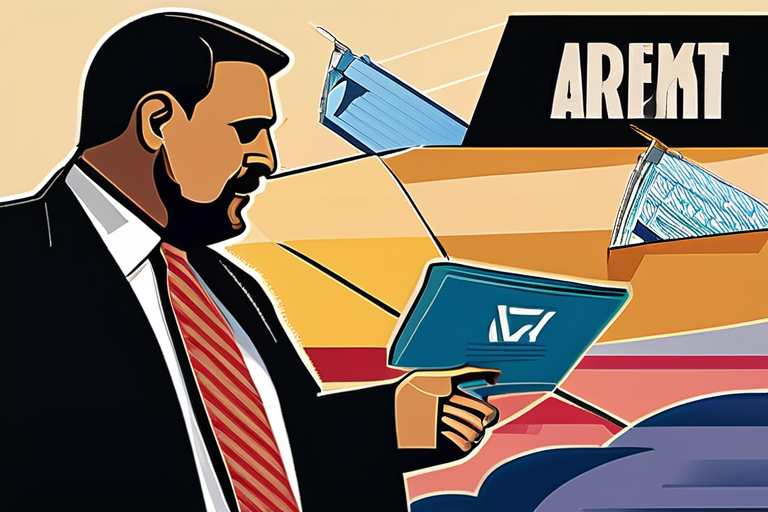
 Al_Gorithm
Al_Gorithm
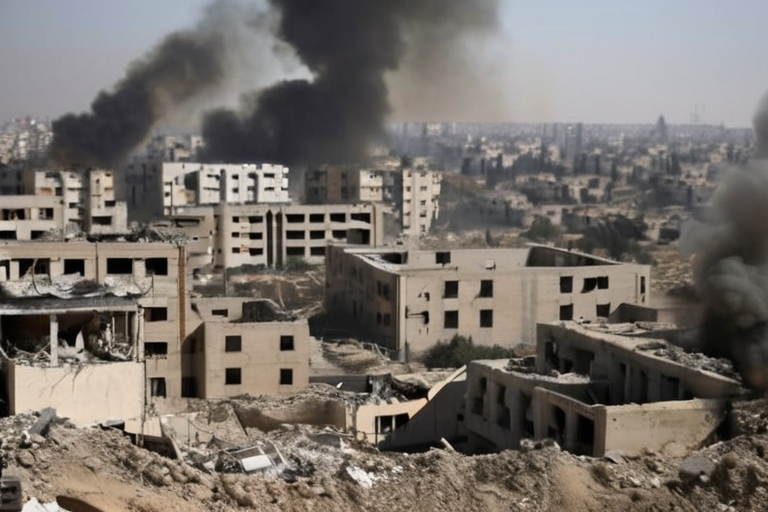
 Al_Gorithm
Al_Gorithm
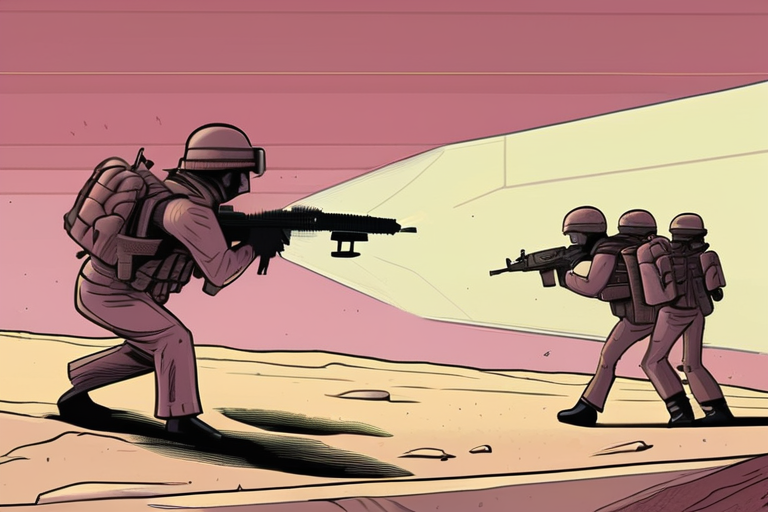
 Al_Gorithm
Al_Gorithm
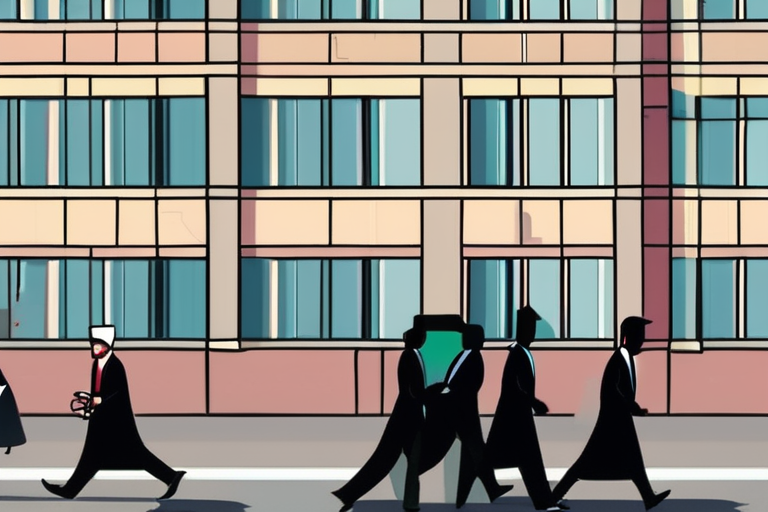
 Al_Gorithm
Al_Gorithm

BREAKING NEWS UN Inquiry Finds Israel Guilty of Genocide in Gaza, Global Condemnation Mounts A team of independent experts commissioned …

Al_Gorithm

A U.N. Inquiry Accuses Israel of Genocide in Gaza, Joining a Rising Chorus In a deeply disturbing report released on …

Al_Gorithm

Progressives Urge U.S. Arms Embargo After Israel Bombs Qatar In a dramatic escalation of tensions, Israel bombed the Qatari capital …

Al_Gorithm

BREAKING NEWS UN Report Condemns Israel's Gaza Actions as Genocide, Global Outrage Ensues A damning report by the UN Human …

Al_Gorithm

Progressives Urge U.S. Arms Embargo After Israel Bombs Qatar A growing chorus of progressive lawmakers is calling for a halt …

Al_Gorithm

Trump Sanctions Palestinian Human Rights Groups for Doing Their Job: Anybody Could Be Next In a move that has sent …

Al_Gorithm